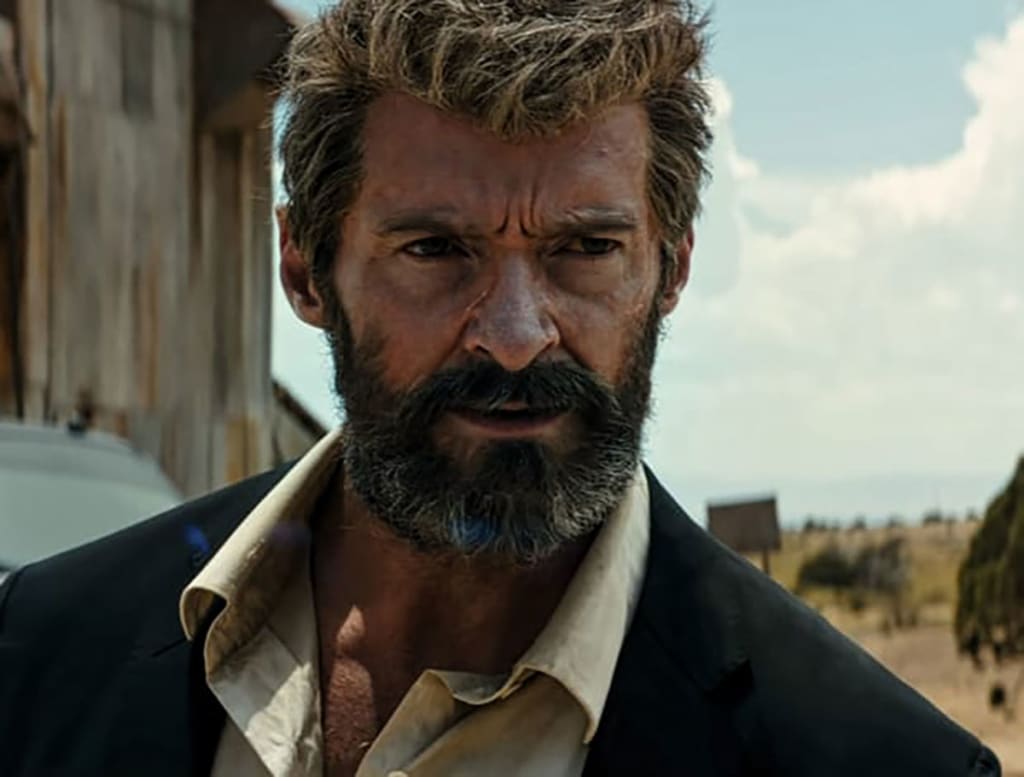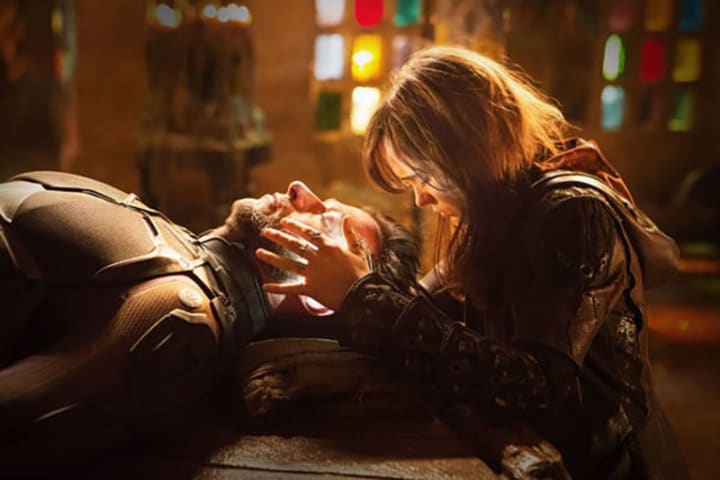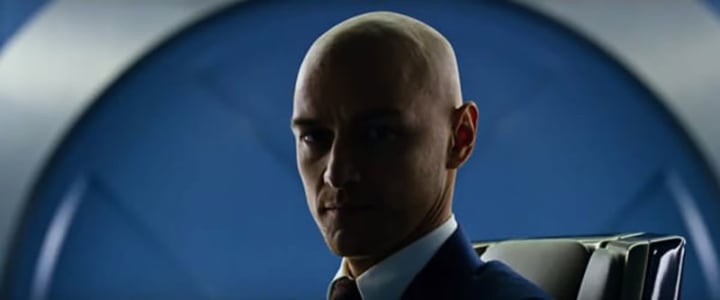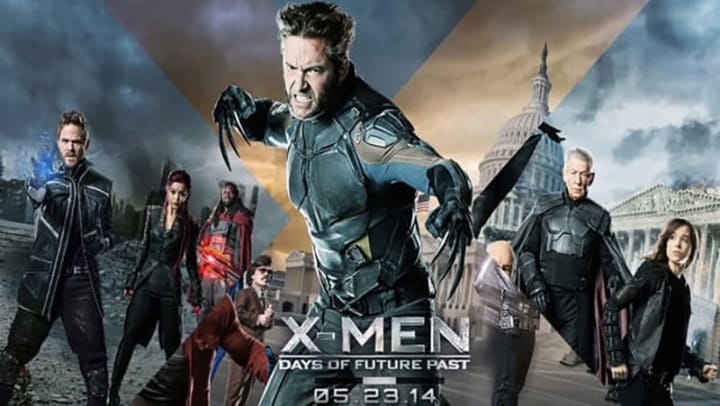James Mangold's Explanation Of How 'Logan' Fits Into The X-Men Timeline Is Damning Indictment Of The MCU & DCEU
As exciting as Logan may be, there's one real problem with the film; it risks causing real problems for the already-confused X-Men movie timeline!

As exciting as Logan may be, there's one real problem with the film; it risks causing real problems for the already-confused X-Men movie timeline! We already knew that the film was set in the near-future, but director James Mangold recently gave us a concrete date for the film. In so doing, he explained how the movie fits into the overriding timeline, and explained just why he chose a near-future date...
We now know that Logan is set in the year 2029. As Mangold explained:
"There’s an epilogue scene in Days of Future Past which is 2024, or 2023, something like that. I just wanted to get far enough past. My goal was real simple: it was to pick a time where I had enough elbow room that I was clear of existing entanglements."
He's right; the epilogue scene of X-Men: Days of Future Past is set in 2024, and sees Wolverine's mind return to a rebooted, Sentinel-free timeline. It's a wonderful, optimistic ending to the film, resurrecting the #XMen who died in X-Men: The Last Stand. Logan is set five years later.
But is five years enough to get that 'elbow room'? By the time of Logan, the mutant race is essentially extinct; Xavier and Logan have retreated from the world, living in hiding on the Mexican border. The only way to explain this away is to argue that the mutant extinction is already underway by the events of Days of Future Past. Sadly, that does rather add a bittersweet tone to that optimistic epilogue.
Why Choose 2029?

A future timeline was averted. [Credit: 20th Century Fox]
The superhero genre is increasingly complex, dependent on a sense of ongoing continuity. The most famous of these superhero cinematic universes is, of course, the #MCU, which largely proceeds in chronological order. James Mangold is unimpressed by this; he sees it as effectively constraining the film-makers, limiting them, and preventing them from being creative. He told Comicbook.com:
"Part of the way I think these films stop being fresh (these films being franchise comic book movies) is when you find yourself making essentially a television series with $200 million episodes where you’re literally just picking up where the last one left off and you’re making a mini-series. Then, it’s impossible to do something fresh. Meaning essentially you’re just a director on the 14th episode of a television show picking up where the last one left off and people are going to be really startled by any discontinuity or changes."
Logan is increasingly feeling like James Mangold's critique of superhero films. He objects to the idea of movies being centered upon an ongoing cinematic narrative; in his view, the need to create continuity prevents you doing something fresh. It's a straightforward criticism of the other superhero universes, including the MCU and the #DCEU.
Does He Have A Point?

James McAvoy in 'X-Men: Apocalypse'. [Credit: 20th Century Fox]
James Mangold is right that, all too often, superhero films have become formulaic. The focus is on world-building, with each director limited by the context of their movies; they have to use prior continuity as a spring-board, and compromise to set up the next film. As an example, superhero fans will be well aware of the problems Joss Whedon suffered over Avengers: Age of Ultron, where he was left exhausted and frustrated by the demands of the franchise.
That said, I refuse to believe that the only way to make a creative superhero film is to ignore continuity. As a comic book fan, I grew up reading tales set in the comic-book equivalent of these cinematic universes, and I can testify that the best writers can still create tremendous issues. Just this week we saw the release of Green Lanterns #15, a character-rich issue that proved just how deep and introspective a comic can be. The same is true of films set in shared universes; it's entirely possible to be creative, and produce movies of real value and depth.
The real irony of Mangold's view is that he's writing in a shared cinematic universe, albeit the most, ah, 'relaxed' one of all superhero cinematic universes when it comes to continuity. One of the most common criticisms of Fox is that their X-Men franchise is inconsistent, and that the timelines just don't make sense. Logan sets in place a timeline where the mutant race comes to the brink of extinction; in so doing, he unwittingly destroys the optimistic conclusion of Days of Future Past, and limits the future stories that can be told.

[Credit: 20th Century Fox]
I maintain that Logan's near-future setting means that, sometime very soon, Fox will be forced to reboot the timeline yet again. That's possibly one reason they're adding the character of Cable to Deadpool 2. Here's the irony; James Mangold is looking to have as much elbow-room as possible, but in so doing he's locking the next movies down to an uncomfortable degree.
Logan looks set to be a fascinating film, and possibly the most creative superhero movie we've seen in years. It's a heavy criticism of superhero films in general, but — while that looks set to make a strong, unique movie — it poses real problems for the world-building Fox need to conduct in order to give their franchise longevity and strength. It's going to be a tremendous film, and a joy to watch, but it's sure to cause more headaches for X-Men fans.
About the Creator
Tom Bacon
A prolific writer and film fan, Tom has a deep love of the superhero genre.






Comments
There are no comments for this story
Be the first to respond and start the conversation.